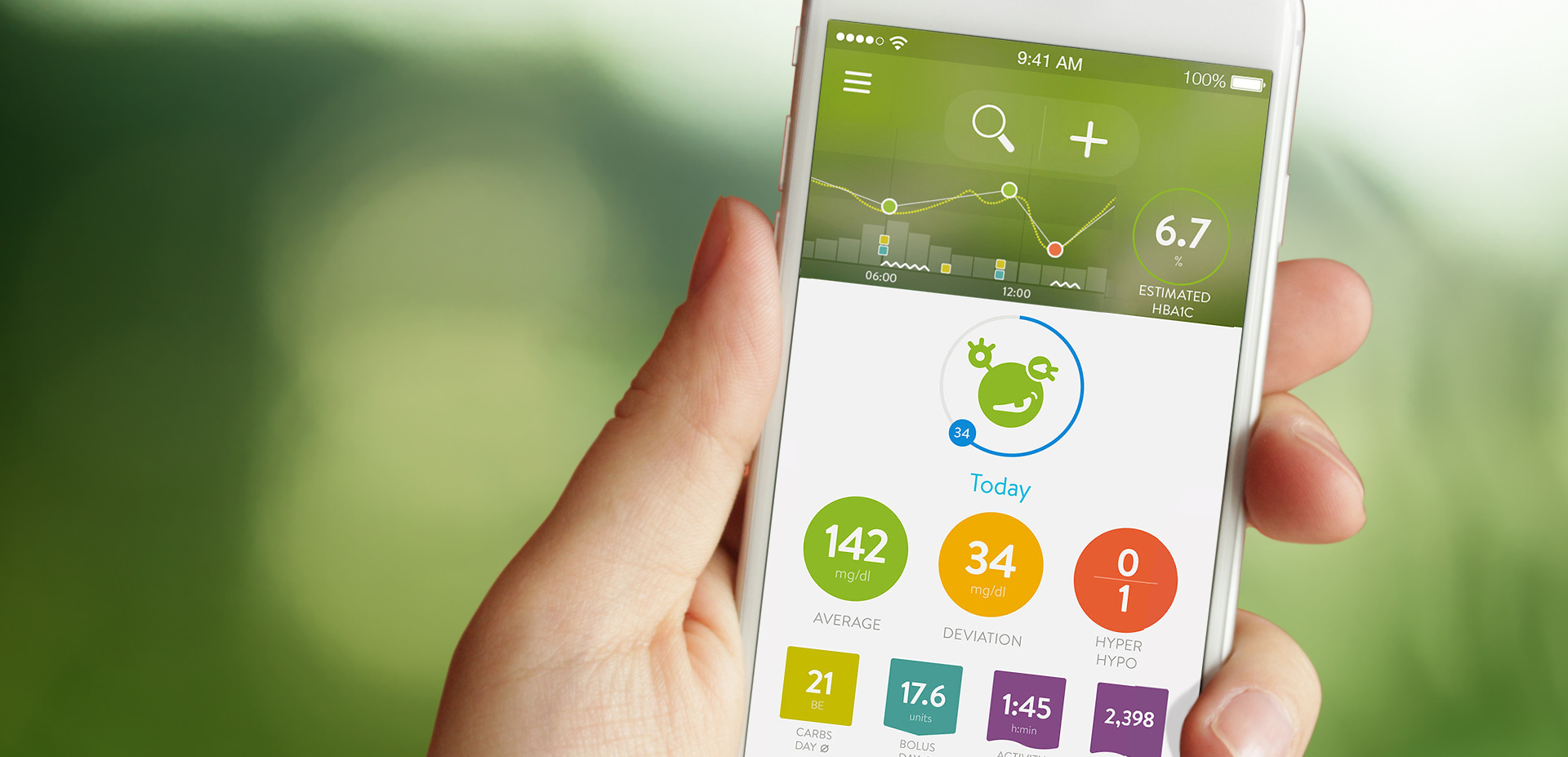Roche offers free access to diabetes app to relieve pressure on NHS

Roche is offering free access to its mySugr Pro diabetes management app in the UK to relieve pressure on the NHS during the COVID-19 coronavirus pandemic.
The Swiss pharma is offering a year’s free access to the app to help both patients and clinicians at a time when the UK is thought to be approaching a peak of patients with the disease.
Usually costing £20.99 per person per year, the app aims to improve the experience of digital and telephone appointments for people with diabetes by remotely providing blood glucose monitoring information.
mySugr allows users to enter blood glucose results from any monitor and is already used by more than 2 million registered users worldwide.
Eligible patients can use a code that can be redeemed until 30 September this year and supports NHS guidelines on management of diabetes, while protecting resources for response to the coronavirus.
As there is no capacity within the NHS currently for healthcare providers to install additional software, so the healthcare provider need only provide an email address for people with diabetes to send PDF reports to.
Dr Claire Marriott, medical affairs lead at Roche Diabetes Care, said: "Supporting people with diabetes is essential at this time. Tools that support someone living with diabetes in their glucose management can also enhance remote consultations. This then has the added benefit of freeing up valuable time of our healthcare providers.”
mySugr was founded in 2012 to provide an all-round care service for people with diabetes, combining coaching, therapy management, test strips and data tracking.
Roche had been partnering with mySugr since 2014 and decided to acquire the digital health firm in 2017 for an undisclosed sum.
The Swiss pharma is one of several that have invested in digital services to support patients with diabetes.
Eli Lilly is working closely with the diabetes digital health firm Livongo and in 2018 began a collaboration looking at how real-world evidence could be used to improve care and reduce the burden of disease.












